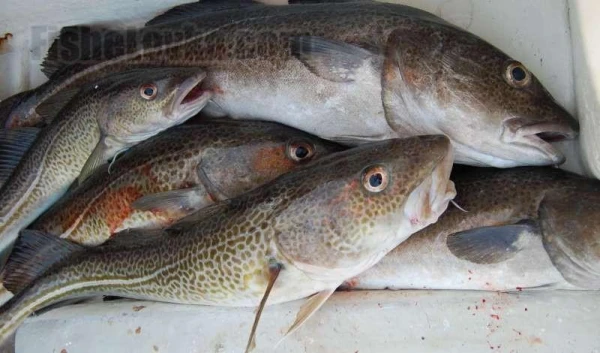
Cod consumption may be under threat due to economic sanctions imposed against Moscow and the reduction of fish catch quotas. Russia is the main global exporter of cod, and the Portuguese cannot live without it.
The traditional Christmas dish of the Portuguese, Bacalhau, is under threat due to the economic sanctions imposed against Moscow and the reduction of fish quotas.
At a meeting with the Secretary of State for Fisheries and the Sea, Salvador Malheiro, the Portuguese Confederation of Small and Medium Enterprises (CPPME) urged the government to create an exemption regime for cod imports, considering that Russia is its main global exporter.
As of January 1, 2024, a 12% EU tariff on imports of Russian frozen cod - the main raw material for Portugal's cod industry - has come into effect.
"Until January 1, 2024, our industry preferred Russian frozen cod," said Jorge Carmaneiro, vice president of CPPME, to Euronews.
This happened back in the 1990s when Canada imposed a moratorium on commercial cod fishing in the province of Newfoundland and Labrador, where many Portuguese work. "At that time, the industry urgently needed to reorganize its cod fishing business, and the Portuguese found potential raw material in Russia. Since they do not have the fjords of the North Sea like Norway, the Russians developed unparalleled onboard freezing capacities," explains Jorge Camarneiro.
About 90% of all the cod that Portugal imports for its processing industry comes from Russia. "It arrived to us, and we processed it as we wanted: cleaned, dried, salted, frozen," he explains.
Tens of thousands of tons were imported annually, supplying the national and even international market. "We supplied products to the Brazilian market, to the CPLP market, and to the 'saudade' market - Portuguese people living in Europe and the USA who cannot do without dried cod," he adds.
The 12% tariffs complicated the situation for the Portuguese industry, but, as Jorge Camarneiro explains, the damage was managed to be "minimized." The last straw was the 17th package of sanctions against Russia, adopted on May 21 of this year.
Targeted mainly at the "phantom fleet" of Russian oil tankers, their operators, and a major Russian oil producer, the sanctions also affected individuals, legal entities, and organizations, such as two Russian fishing companies, Norbeo JSC and Murman Sea Food.
"Norbeo" supplies about 60% of the exported cod and, as Jorge Camarneiro explained to Euronews, is one of the main suppliers in Portugal.
"As of January 1, Murman Sea Food left the market because this company only had frozen cod, and it was not duty-free. However, Norbeo built a processing plant for cod that had not yet been dried, and this became a way out of the situation because up to 25,000 tons per year were duty-free," he explains.
Once these companies were placed on the EU's blacklist, Portugal was left without a major supplier. Only Norway could come to the rescue, and to a lesser extent, Iceland, Greenland, and Canada, which lifted its fishing ban last year.
According to the EU, the two Russian fishing companies were involved in state-sponsored surveillance. By examining the routes of the vessels of both companies over a certain period, experts concluded about the peculiarities of their navigation: "Their navigation patterns indicate malicious intent, including presence and repeated loitering near critical infrastructure and military zones. Thus, these navigation patterns were linked, including by the authorities of member states and third countries, to a Russian state surveillance campaign that uses, among other things, civilian fishing trawlers to carry out espionage missions targeting civilian and military infrastructure in the North and Baltic Seas. This activity may contribute to future sabotage operations," the EU statement from May 2025 reads.
Isn’t Portuguese cod supplied from Norway?
The countries with the largest cod catch quotas in the world are Norway, Russia, and Iceland.
As Jorge Camarneiro, vice president of CPPME, explained to Euronews, "the cod coming to Portugal is caught in the Barents Sea, where the catch quotas are shared 50/50 between Norway and Russia."
Since Norway is not a member of the European Union, it has not applied sanctions to the two Russian shipowners and continues to negotiate with Russian companies. "Norwegian industrialists buy Russian raw materials, process them, and sell them at the prices they dictate. And we are now mainly buying from Norwegians, which shows how dependent we are," he says.
In this regard, CPPME has appealed to the government to ensure that "the conditions under which Portuguese companies buy Russian cod are not much less favorable than those of Norwegian companies," as the latter can supply cod to Portugal "at prices that are inaccessible to most Portuguese wallets, which constitutes unfair competition in the market," the organization warns.
"Russia has larger vessels where they catch, gut, clean, and freeze fish onboard, which is why the Russian quota is so important for Portugal. Only they have the raw materials for the Portuguese. No one else has freezing vessels or capacities to do what the Russians do," explains Camarneiro.
That is why they are asking the government to introduce an exemption regime. The current situation "threatens the cod industry, hundreds of jobs are at stake; there is a risk of unfair competition in a country where cod is part of national and cultural identity," he says.
Jorge Carmaneiro reported that the Secretary of State for Fisheries and the Sea seems to be "genuinely concerned about the situation" and promised the Confederation delegation to bring this issue to the Council of Ministers' attention.
What will happen to cod consumption in Portugal?
According to a statement, the economic sanctions against Russia have caused cod prices to soar by more than 50% over the past three years. According to Deco Proteste, 50 euros is now enough to buy 3 kilograms of cod.
In Jorge Camarneiro's opinion, cod "will become a premium product that will not be available to all Portuguese," he says.
With just over two months until Christmas, a period when cod traditionally becomes more expensive due to increased demand, as every self-respecting family serves Bacalhau on the table.

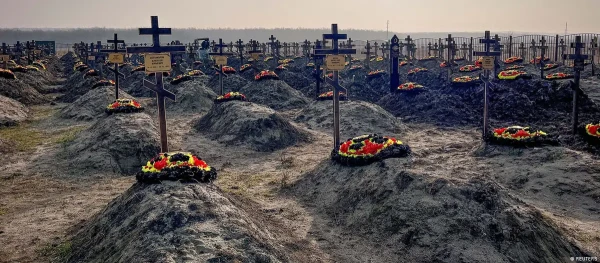
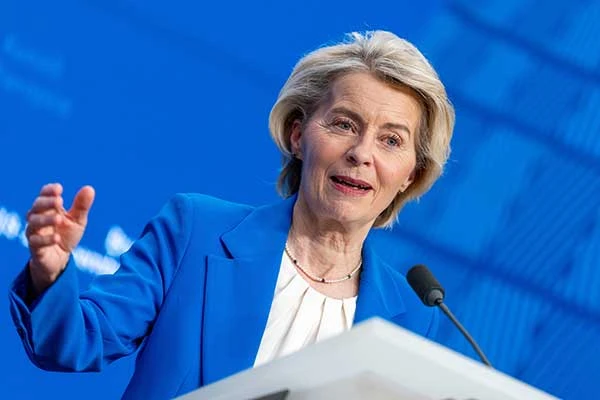
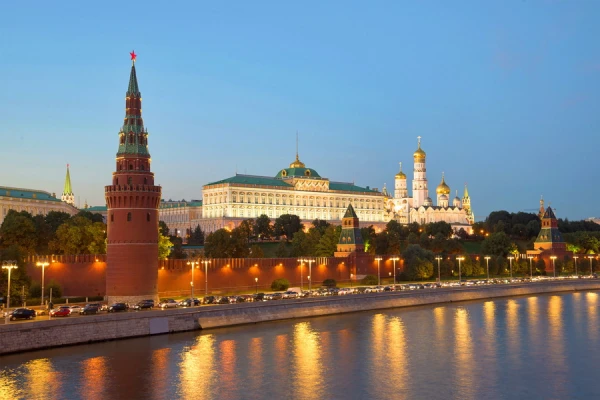



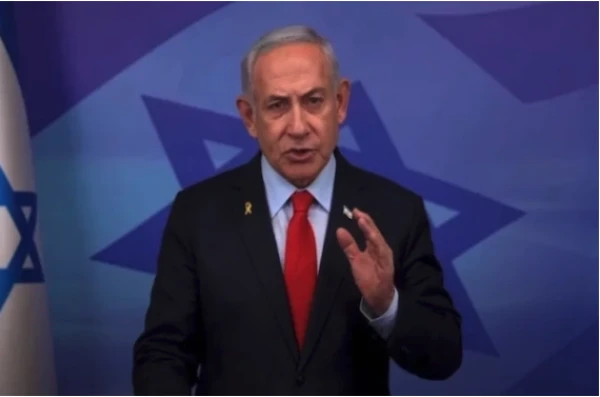
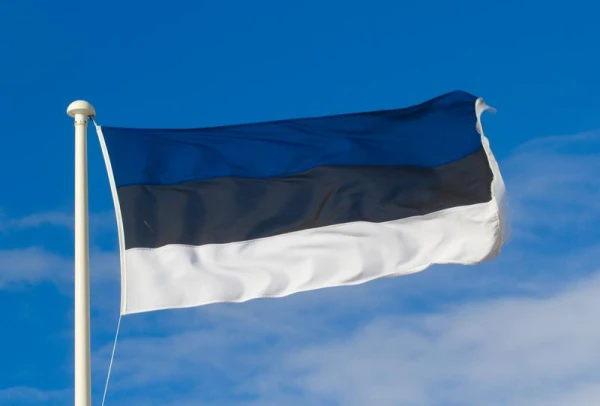
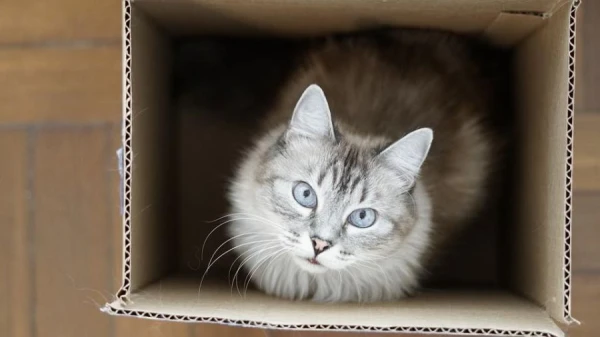
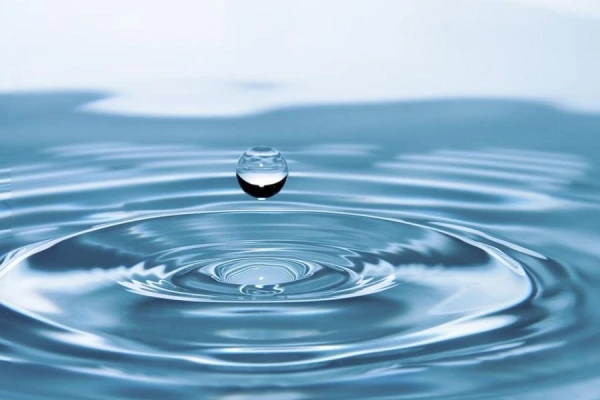


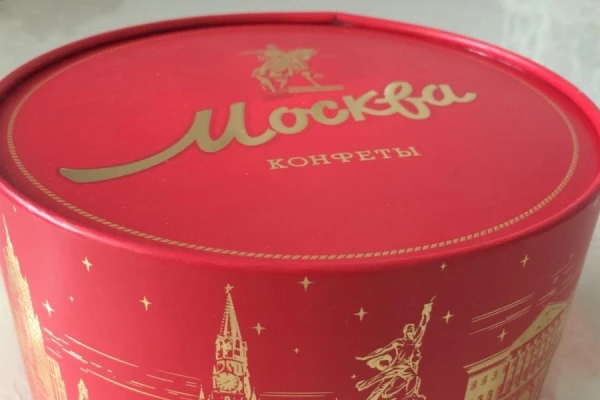
Leave a comment